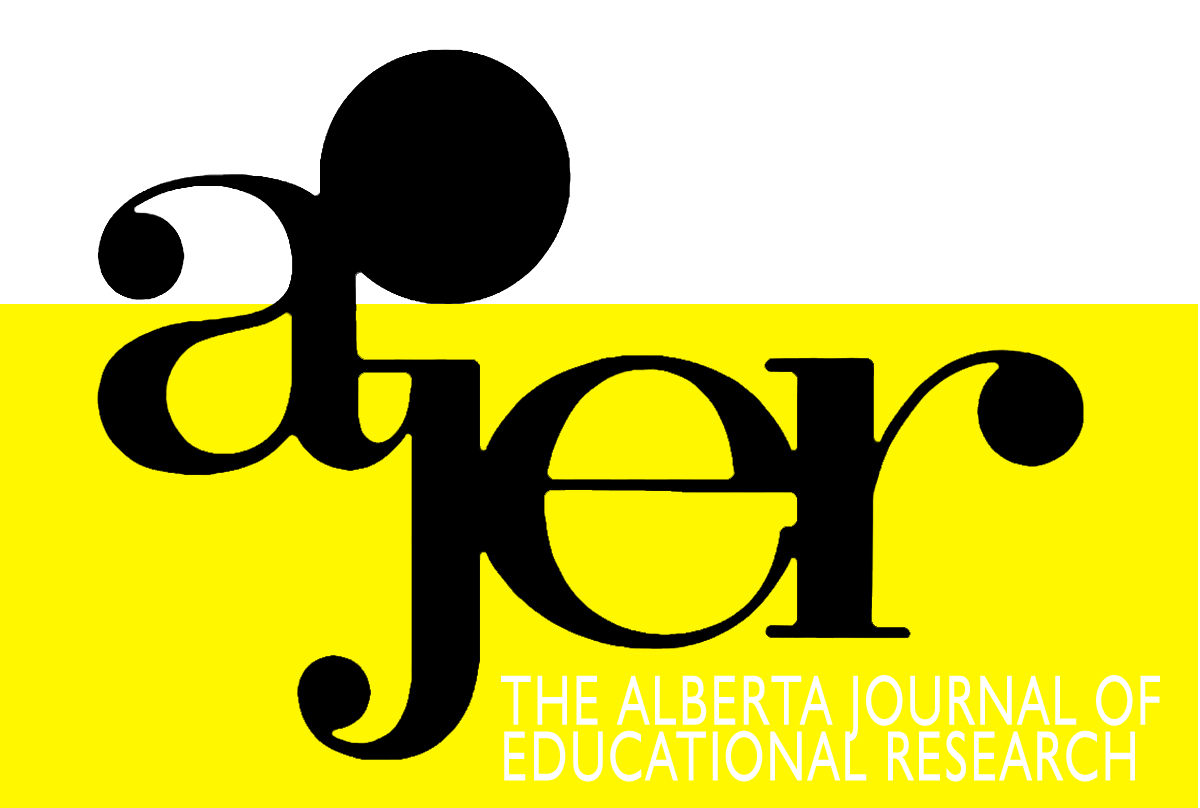The Role of Value in Eclectic Inquiry
DOI:
https://doi.org/10.55016/ojs/ajer.v54i3.55238Abstract
Educational theorists have shown increasing concern over the need to ensure that citizens exercise values that consider the relevance of contributing even contradictory perspectives. Nussbaum (2004) has concentrated specifically on the contribution that literature provides in developing the moral imagination, a concept that is linked to the idea of cosmopolitan citizenship. This article reevaluates this particular position by examining the foundational role that value plays in Schwab’s (2004) vision of eclectic inquiry. An initial value attachment to a perspective or theory is seen by incorporating examples from outside the context of curriculum deliberation as a catalyst that stimulates effective eclectic inquiry in the face of criticism or contradiction. Following the recent work of Egan (1997), I argue that these value attachments can be initiated in an educational setting not simply by integrating more art classes, but by determining and isolating the essence of a value attachment to a novel and applying this interactive framework to all areas of study. Stimulating value attachments thus serves as a precursor to eclectic inquiry and contributes more significantly to the development of the moral imagination.Downloads
Published
Issue
Section
License
UNIVERSITY OF ALBERTA COPYRIGHT LICENSE AND PUBLICATION AGREEMENT
If accepted, authors will be asked to sign a copyright agreement with the following points:
A. Where there is any inconsistency between this Copyright License and Publication Agreement and any other document or agreement in relation to the same subject matter, the terms of this Agreement shall govern.
B. This document sets out the rights you are granting in relation to publication of your article, book review, or research note entitled (the “Article”) through inclusion in the academic journal titled Alberta Journal of Educational Research (the “Journal”) published through the Faculty of Education, representing the Governors of the University of Alberta (the “Journal Editor”).
C. There will be no payment to you for this publication and grant of rights. In consideration of the agreement to publish the Article in the Journal:
1. You are warranting that:
- the content of the Article is your original work, and its content does not contain any material infringing the copyright of others; or, where the Article is not entirely your original work, you have obtained all necessary permissions in writing to grant the rights you are giving in this agreement;
- the content of the Article does not contain any material that is defamatory of, or violates the privacy rights of, or discloses the confidential information of, any other person;
- the Article has not been published elsewhere in whole or in part, and you will not allow publication of the Article elsewhere without the consent of the Journal Editor;
- the names of all co-authors and contributors to the Article are:
2. You agree to license the copyright in the Article to the Journal Editor, on a worldwide, perpetual, royalty free basis; and to the extent required by the terms of this agreement. You shall retain the right at all times to be acknowledged as the/an author of the Article.
3. You further agree that the Journal Editor has the entitlement to deal with the Article as the Journal Editor sees fit, and including in the following manner;
- The right to print, publish, market, communicate and distribute the Article and the Journal, in this and any subsequent editions, in all media (including electronic media), in all languages, and in all territories, ing the full term of copyright, and including any form of the Article separated from the Journal, such as in a database, abstract, offprint, translation or otherwise, and to authorize third parties to do so;
- The right to register copyright of the Journal;
- The right to edit the Article, to conform to editorial policy as the Journal Editor sees fit.
4. If any co-author or contributor to the Article does not sign this agreement, the Journal Editor reserves the right to refuse to publish the Article.



